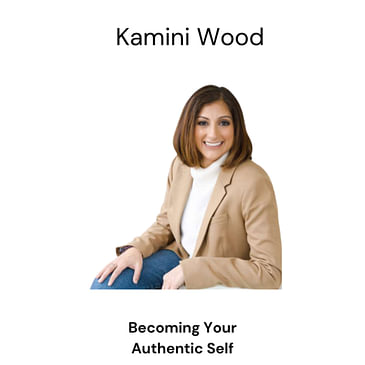In this podcast episode, host Devon Wieters interviews Kamini Wood, a life coach who helps individuals, including children and adults, to uncover and overcome limiting beliefs and achieve their highest potential. Kamini shares her personal journey, professional evolution, and approach to coaching, emphasizing the importance of creating an emotionally safe space and fostering self-compassion. The discussion also touches on the challenges of raising children in today's world and the unique considerations in coaching teens and young adults. Kamini highlights the transformative power of coaching in various success stories, emphasizing the importance of embracing one's uniqueness and individuality. Connect with Kamini: https://www.instagram.com/itsauthenticme, https://www.linkedin.com/in/kaminiwood/, https://www.facebook.com/itsauthenticme/, https://www.kaminiwood.com/
Connect with Devon/ the show:
https://linktr.ee/wheelwithitpod



